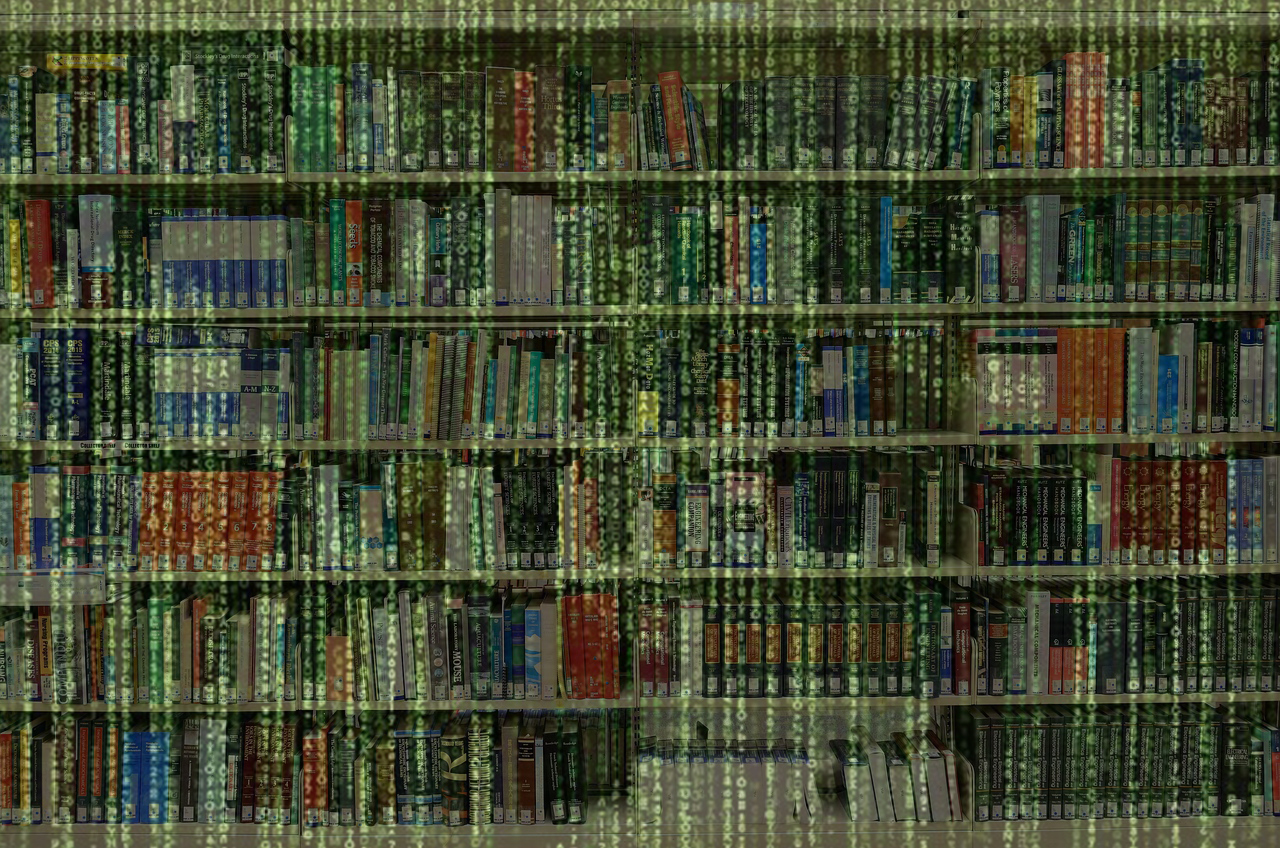
Everything is always and constantly changing.
Whether it is friends moving, growing up or developing, global or local events occuring and impacting perspectives, societies and communities adapting, rebelling, conforming or updating on political shifts or ourselves switching consumer behaviour, how and who we communicate with as well as how we want to be perceived by others.
Technological progress seems to be the common influencing denominator here. The rapid pacing of this progress projects itself and is intertwined with seemingly all aspects of life in an evermore digitized world that has thoroughly digested and integrated the rhetorics of a digitalisation culture (Stalder, 2016).
The best friends of digitalisation are algorithmification and datafication.
In an era of „frictionlessness” (Kemper, 2024) one tends to be increasingly unaware of how many devices and their underlying systems harvest, process and make data available for further uses for third party companies. Popular reports include the Facebook/Cambridge Analytica scandal (2018), the Royal-Mail-Verizon scandal (1998-2024) as well as commonly accepted phenomena such as Google AdWords or Spam-Mails.
In this seminar we will talk about selected related topics such as Big and Small Data, AI, Learning Analytics, Self-Tracking as well as Ethical Concerns putting on a didactical lens at all times.
How can we implement data-related topics into Language Learning? How can we approach a sensible and sensitive, but also enriching, beneficial and creative use of data in the classroom? What contemporary role does (critical) data literacy play in the classroom and how is it relevant for students?
- Dozent/in: Philipp Adämmer
- Dozent/in: Niklas Washausen